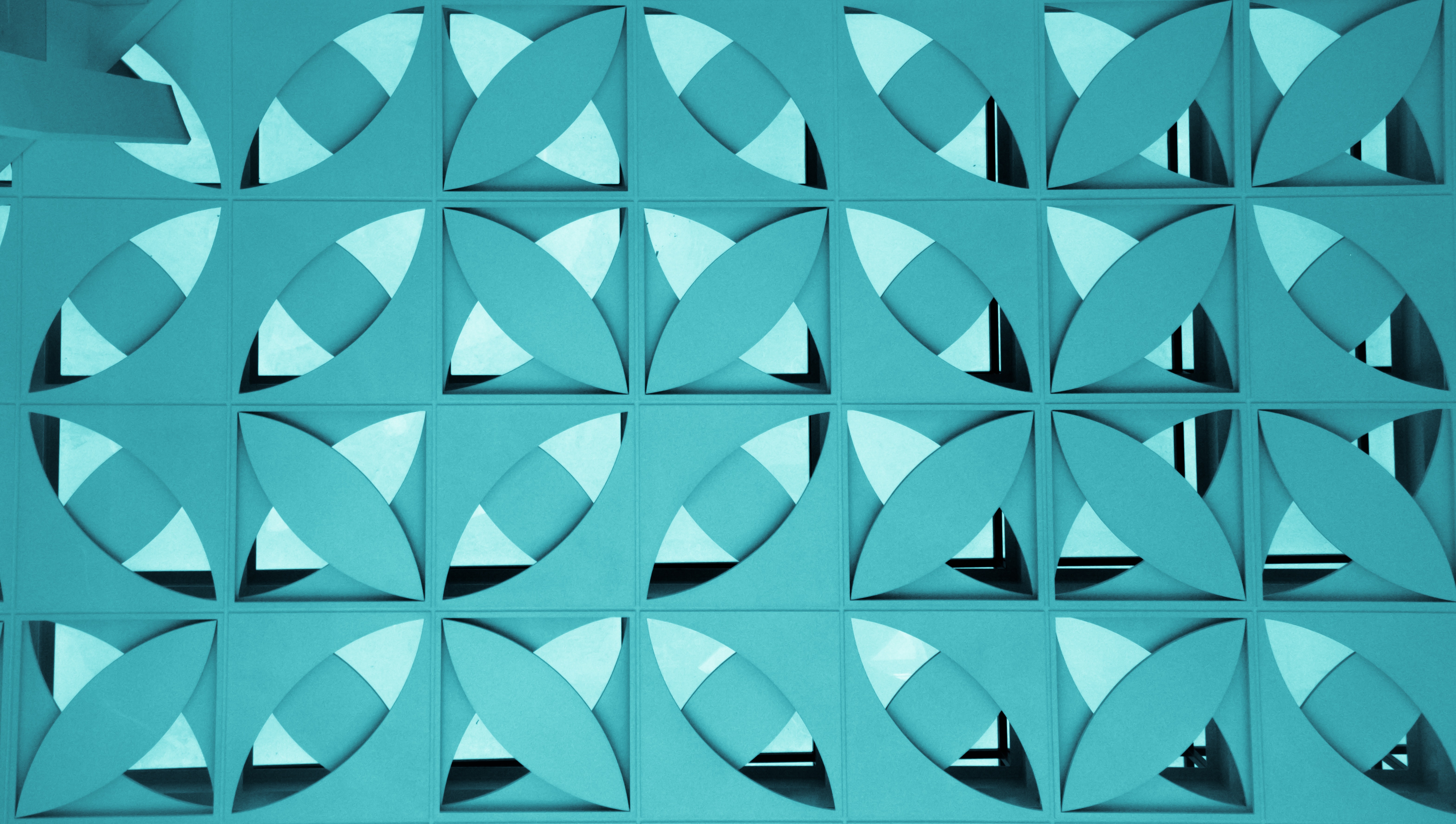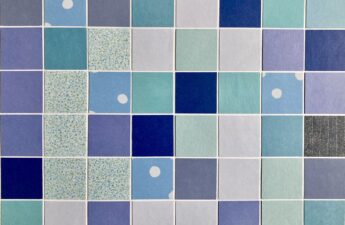If I asked you to define “mathematics,” what would you say?
Is it solving problems? Is it memorizing number facts and rules? Is it fun or boring, easy or challenging? Is it a set of useful tools to help you through life or is it a bunch of irrelevant nonsense that you will never use?
We each have our own ideas about what mathematics is. We base these views on our own experiences. Sometimes, we make connections to our daily lives. More often than not, however, hearing the word “math” triggers thoughts of schools and classrooms.
When I ask folks what they think math is, the responses are rarely positive. Usually, the reasons are pretty similar. People don’t have good memories of math class because they weren’t able to remember all the steps or the teachers they had never made math relevant for them.
Asking my community college students “what is math?” usually results in a variety of responses. Everything from “the study of numbers” to “solving problems in different ways” to “following rules” to “essential.” Other students see math as “a tool to simplify our life” and “something you simply do or don’t get.”
A common misconception I encounter nearly every day is that in order to be successful in mathematics, you have to be able to remember a large number of formulas and procedures for solving problems. This notion that math is a merely a bunch of “how-to” steps that must be precisely followed in order to solve problems is a reflection of how math has been taught for many, many years.
The truth is, math is way more than an enormous set of rules we have to follow. Of course, there are guidelines in place to make sure we are all performing “legal” moves when we work with numbers. This set of rules doesn’t mean anything, though, without context. Being able to apply those guidelines to problems that come up in our lives is really what it’s all about. Seriously, what good is memorizing that 8 x 10 = 80 if we can’t use that fact to help us determine how many square feet of tile we need for the bathroom floor?
I propose that we begin looking at mathematics differently.
Instead of thinking of mathematics as a bunch of stuff we were never good at and that we could never remember, let’s think of it as something we use in our daily lives. Math is about recognizing the patterns that occur in our behavior, in our schedule, in counting, in problems. Math is about connecting those patterns in meaningful ways to solve whatever problem might come our way. In a nutshell, math is really a way of thinking.
I like to equate math (and problem solving) with driving to the grocery store, or to some other destination. There are a whole bunch of different ways to get there from where you are. Most of them aren’t the quickest or the most direct, but they still get you where you need to go. The important thing is that you know where you are headed and that you keep going until you get there. Most of the time, that math formula you think you need to remember isn’t really necessary. It might get you to the solution more quickly, but it is just one of the many ways to get where you need to go.
Start with what you know and keep working until you reach your destination.
As you go about your day, ask the people you interact with (including your children!) what they think math is. I’d be interested to hear the results in the comments.



